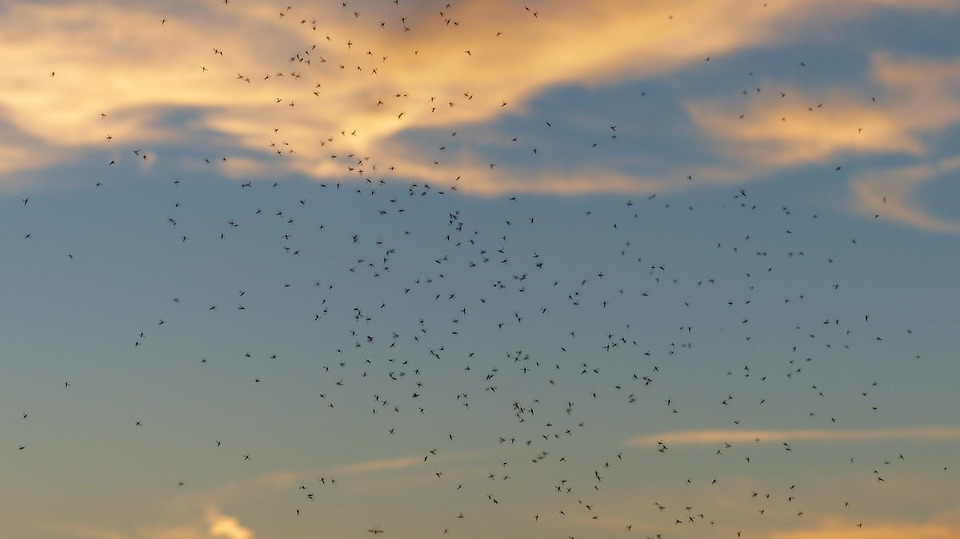Interior Health said that August is the most active month for mosquitoes to be carrying West Nile virus, although the virus was last detected locally in the East Kootenay in 2018 in a horse and several birds.
Since West Nile virus was first discovered in the summer of 2009, only five human cases have been confirmed by Interior Health, all of which were in the Okanagan, although the virus is present locally as per last year’s findings.
“West Nile virus is a disease that is spread from infected corvid birds, so those are your crows, ravens, magpies, and jays, and they’re spread from those birds to humans through mosquito bites,” said Leah Feist, Communicable Diseases Specialist with Interior Health.
Interior Health said the risk of infection from handling birds is very low, but all wild birds should not be handled with bare hands. West Nile virus can also be transmitted to horses and other animals, as Interior Health is advising horse owners to get in touch with their local veterinarian about equine vaccines that would be available.
Although the risk of becoming seriously ill from West Nile virus is low for the majority of the population, those with compromised immune systems or the elderly are most at risk.
“About 80% of people who contract West Nile virus will have no symptoms at all but those who do develop symptoms may experience headache, tiredness, rash, fever, sore joints and muscles, and sometimes stomach upset,” said Feist. “It is rare, but some people who are affected will get a serious illness that can include inflammation of the brain or inflammation of the lining of the brain and spinal cord or even paralysis, and some people can be left with long-lasting disability.”
Interior Health is proving the following tips at home or on the go to reduce the risk of West Nile virus infection:
- Prevent mosquito breeding around your home
- It doesn’t take much time or water for mosquitoes to develop from eggs into adults. Anything that can hold water can be a mosquito breeding area. Identify and remove potential breeding areas on your property – empty saucers under flowerpots; change the water in birdbaths twice a week; unclog rain gutters; drain tarps, tires, and other debris where rainwater may collect; and, install a pump in ornamental ponds or stock them with fish. Stagnant backyard pools can be a big source of mosquitoes and should be maintained regularly to prevent mosquito growth.
- Install screens on windows
- Screens will help prevent mosquitoes from coming indoors.
- Avoid outdoor activities at dusk and dawn
- This is the time of day the mosquitoes that can carry the virus are most active.
- Wear protective clothing
- If you are in an area with lots of mosquitoes, wear loose-fitting, light-coloured, full-length pants and a long-sleeved shirt.
- Use mosquito repellent
- Apply mosquito repellent to areas of exposed skin. Check the product label for instructions on proper use. Repellents containing DEET are safe for those over six months of age when used according to the directions on the label. DEET-free products are available, but may not provide long-lasting protection. View the HealthLinkBC file on DEET for guidelines on how frequently to apply repellent.
Interior Health said they are working closely alongside the B.C. Centre for Disease Control and Canadian Blood Services to monitor West Nile virus activity, including the screening of any blood supply and reporting all animal and human cases of the virus.




